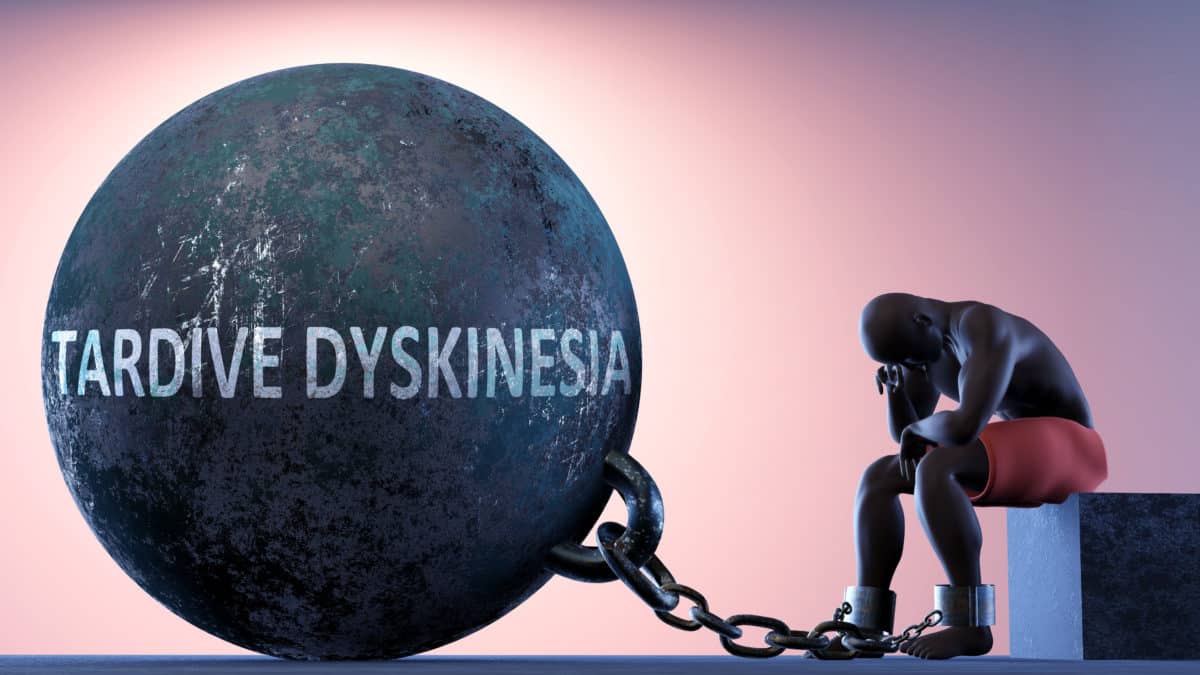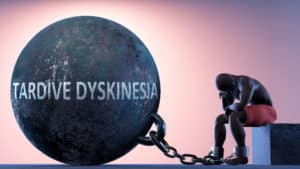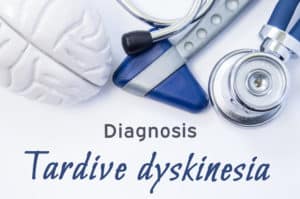Not many people have heard of Tardive Dyskinesia. Since you found this article, you at least know what it is. But maybe you want to know more.
In this article we’ll cover what is Tardive Dyskinesia? Plus you’ll get a brief overview on topics such as how to treat it, and what are the causes and symptoms of this medical condition.
What Is Tardive Dyskinesia?
Tardive Dyskinesia (TD) is a neurological syndrome that causes uncontrollable movement. The involuntary movement involves the muscle in certain parts of our body.
Most of the time, it involves the muscles in the face, tongue, lips, or jaw. The condition affects around 500,000 people in the United States.
This medical condition can be weakening. But thankfully, there are effective ways to treat this condition.
So, you may be wondering how a person can get this medical condition. What are the causes of Tardive Dyskinesia?
What Are The Causes Of Tardive Dyskinesia?
Tardive Dyskinesia is a medical condition that is primarily caused by certain medications. These medications are known as antipsychotic drugs, also known as neuroleptics.
Antipsychotic drugs usually only cause this medical condition for those who have been taking them for a long time. However, in some cases, symptoms of TD may develop after short term use of these drugs.
Antipsychotic medications can treat various conditions. These conditions include the following:
- Mental health illnesses
- Neurological conditions
- Gastrointestinal disorders
Neuroleptic drugs work by blocking the dopamine receptors in the brain. Dopamine is a neurotransmitter in the brain. It functions by controlling the brain’s reward and pleasure centers.
But aside from managing the brain’s reward and pleasure centers, it also plays a major role in motor functioning.
Although it is unclear exactly what triggers this condition to occur, it is speculated that the blocking of dopamine receptors may have something to do with the cause.
Tardive Dyskinesia is mostly caused by first-generation neuroleptic drugs. Or at least the risk of developing it is higher with them.
Neuroleptic drugs that are usually associated with TD include the following:
- Chlorpromazine (Thorazine, Promepar)
- Fluphenazine (Prolixin, Permitil)
- Haloperidol (Haldol)
- Perphenazine (Trilafon)
- Prochlorperazine (Compazine, Compro, or Procomp)
- Thioridazine (Mellaril)
- Trifluoperazine (Stelazine)
Now that we know what is the cause of TD, let us go over the symptoms of this medical condition.
What Are The Symptoms Of TD?
Like we have said earlier, Tardive Dyskinesia involves involuntary muscle movement. Symptoms of TD are severe and can last long.
Some of the symptoms of TD include the following:
- facial grimacing
- sticking out your tongue
- lip-smacking
- frequent mouth or jaw movement
- hands or feet tapping
- frequent blinking of the eyes
Symptoms of a more severe TD known as Tardive Dystonia include:
- muscle spasms
- neck twisting
- trunk twisting
- face twisting
- grunting noises
There are certain medications that can treat Tardive Dyskinesia. However, one of the first things a doctor may do to treat it is to move a patient off prescription medication that may cause this medical condition.







